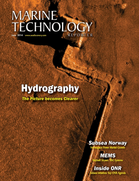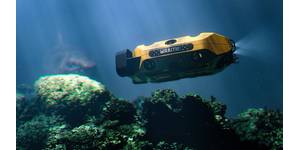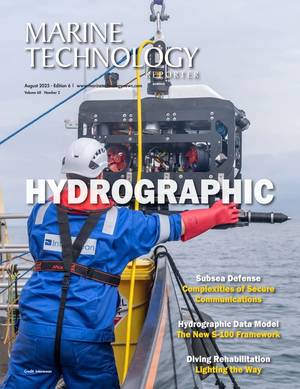Subsea: Standardization is the New Innovation
By Eric Haun
As one of the world’s most technologically innovative industries, the highly specialized subsea sector is not typically known for standardized operations. But that is changing.
Companies like Statoil, the world’s second largest subsea operator, have traditionally achieved success by pushing the boundaries to what is possible under water, frequently going “longer, deeper and colder.”
But as the complexity of global subsea projects grows, so too does the bill for contractors, suppliers, operators, engineers, researchers and just about everyone involved in subsea projects. Many believe that this doesn’t have to be the case. According to some of the leading companies in Norway’s vibrant subsea cluster, including Statoil, standardization is an effective way to generate cost savings in even the most complex projects.
Standardization does not necessarily mean innovation is stifled. Rather, instead of spending costly engineering hours working toward the next grand, over-over-the-top subsea solution, industry leaders are striving for smart, simple answers to some of the sector’s largest challenges. This means innovation comes in the form of quick and effective, yet less costly, solutions that do not sacrifice quality.
Statoil’s Fast Track work process, for example, adds “simple, standard and cheaper” to “longer, deeper and colder,” said Torger Rød, Statoil’s SVP for Subsea, Pipelines and Cessation. The program essentially fuses tailored innovations with standardized solutions to develop and begin subsea production within a 30-month timeframe.
Under this accelerated method, product specifications are simplified, existing designs are reused when possible and concepts are chosen from a preexisting catalog, eliminating the concept selection phase, Rød explained. With Fast Track, the company reports a 40% shorter execution time, a low breakeven level of $40/boe and average IRR (nom) greater than 25%.
Statoil currently has six Fast Track projects in operation off Norway, with six more on the way.
(As published in the June 2014 edition of Marine Technology Reporter - http://www.marinetechnologynews.com/Magazine)


 August 2025
August 2025



